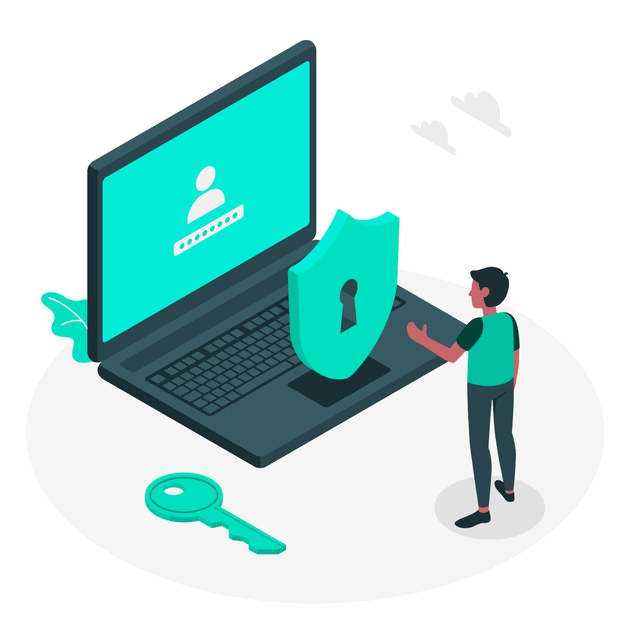If you earn money by trading stocks and other securities on a daily basis, cybersecurity should be a front and center issue on your radar. When Fortune 500 corporations get hacked with regularity, how hard do you think it is for a malicious party to gain entry to your system? Fortunately, individuals don’t have vast, global networks to protect. They just have a single device, which makes it much simpler to achieve a high degree of cybersecurity. What can individuals do to protect the sensitive information that flows through their computers every day? Any best practices list of tasks for day traders should include a section on passwords, email attachments, antivirus software, and special tactics for those who are brand-new to the game.
Passwords
There are a couple of things to remember about passwords and day trading. The key point is to never use the same one twice. Hackers have an easy time gaining access to valuable, sensitive information when unsuspecting users have a common password they use across multiple sites. So, rule one is to avoid repetition.
Rule two is to come up with hack-resistant passphrases and words. That means never using your birthday, parts of your name, the numerals 123, or other obvious words and numbers that someone could guess. Hacking pros nowadays use special, advanced AI programs and apps that generate thousands of good guesses for passwords based on your name, age, birthday, hometown, and other known bits of info they already have in their possession. Consider using one of the online, no-cost apps that will come up with unique words and phrases you can use when setting up your security info on various websites. Or, make up your own system with the caveat that you never use the same word more than once.
Email Attachments and Other Danger Zones
One of the easiest ways to fall victim to hacking is to open email attachments from unknown senders. Successful day trading with proven techniques is tough enough without having to worry about a threat. There’s a simple workaround that nullifies this type of security risk: two devices. If you take your profession or part-time avocation seriously, have a dedicated device on which you do all your trading. Use a separate computer for personal activities like sending emails, chatting, commenting on forums, and so forth. Then, on the other device, make your buys, sell shares, exchange information with a brokerage platform, and do work-related chores. The two-device trick goes a long way toward keeping your money and your information safe.
Anti-Virus Software
Be sure to always have a good anti-virus software program running in the background while you trade. Don’t become too complacent because you also need to update the software regularly. Set alert levels to high and remember to check the functionality of the program before you begin each work session.
If You’re New
If this is your first glimpse into the world of earning money in the stock market, note that some of the most effective day trading strategies for beginners often include plenty of research on financial and news sites. From a profit-making point of view, this is a plus. But it can mean exposing yourself to security vulnerabilities, hackers, and otherwise malevolent types of people.
Why? Because there are many illegitimate news sites and business blogs that purport to offer day trade research to help you. Sticking to reputable news organizations, one you’ve heard of and that other trusted traders use, is the best way to avoid opening the door to a breach. Whenever you focus with precision on following the minute ups and downs of the news cycle, it’s easy to let your guard down, click onto a questionable website, and end up with a virus or trojan that can wreak havoc.











Leave a Reply